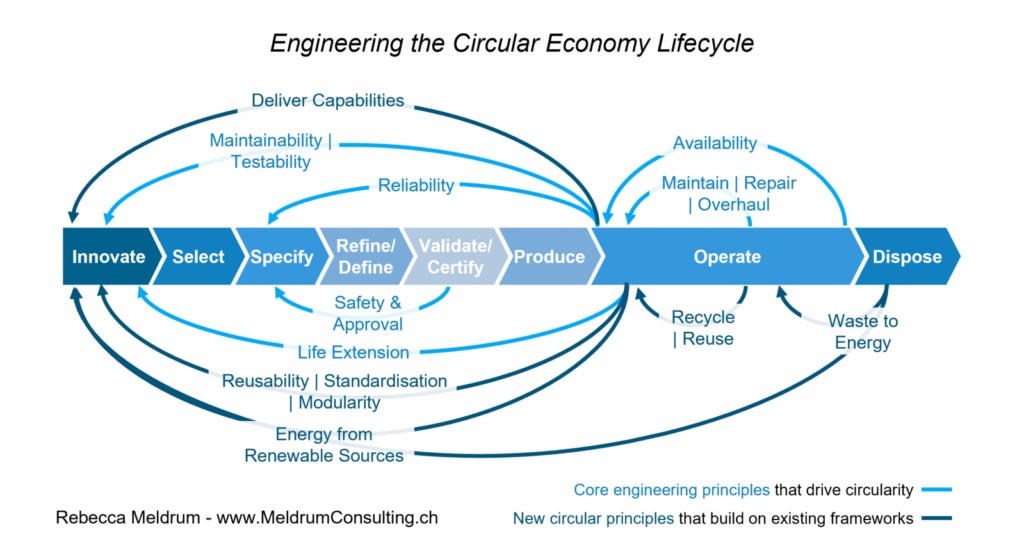
Circular Economy in Action: Australian Companies Embrace Waste-to-Value Innovations

The circular economy is gaining traction in Australia, with companies embracing waste-to-value innovations that transform waste into valuable resources. This article highlights Australian businesses that are implementing circular economy principles, such as recycling, upcycling, and waste repurposing. From turning food waste into bioenergy to transforming discarded materials into new products, these companies are demonstrating the economic and environmental benefits of a circular approach.
In recent years, the circular economy concept has been gaining momentum in Australia as businesses recognise the potential for waste-to-value innovations. This article sheds light on several Australian companies that are actively embracing circular economy principles and implementing innovative solutions to transform waste into valuable resources.
One notable example is the conversion of food waste into bioenergy. Food waste is a significant environmental issue, contributing to greenhouse gas emissions when sent to landfills. However, some Australian companies have adopted anaerobic digestion technologies to convert organic waste into biogas, which is then used to generate renewable energy. By harnessing the energy potential of food waste, these companies are not only reducing greenhouse gas emissions but also creating a valuable resource in the form of bioenergy.
Another aspect of the circular economy highlighted in the article is upcycling – the process of transforming discarded materials into new products of higher value. Australian companies are finding innovative ways to repurpose waste materials, diverting them from landfills and giving them a new lease on life. For instance, discarded textiles can be transformed into new clothing items or repurposed asinsulation materials. By adopting upcycling practices, these companies are reducing waste, conserving resources, and promoting a more sustainable approach to manufacturing and consumption.
Recycling plays a crucial role in the circular economy by diverting waste from landfills and reintroducing materials into the production cycle. Australian businesses are investing in advanced recycling technologies to process various waste streams, such as plastics, paper, and metals. By recycling materials, these companies are conserving
resources, reducing the environmental impact of manufacturing, and creating a closed-loop system where materials can be reused repeatedly.
Overall, the growing importance of the circular economy in Australia highlights the efforts of local businesses to embrace waste-to-value innovations. By adopting circular
economy principles such as recycling, upcycling, and waste repurposing, these companies are demonstrating the economic potential and environmental benefits of a more sustainable approach to resource management. Through their innovative practices, they are not only reducing waste but also creating new revenue streams and contributing to a more circular and resilient economy.

